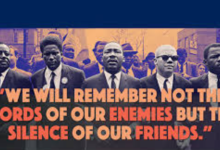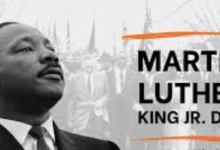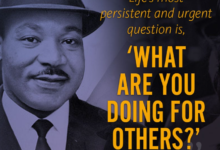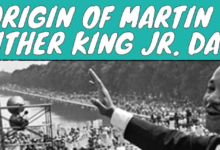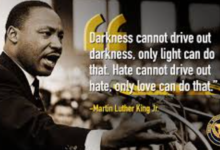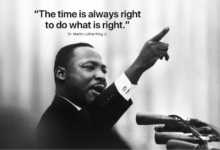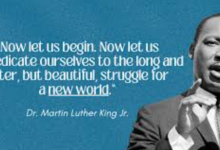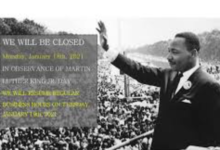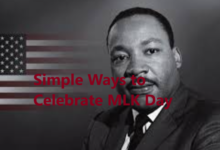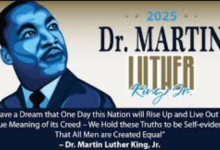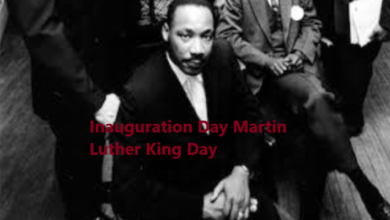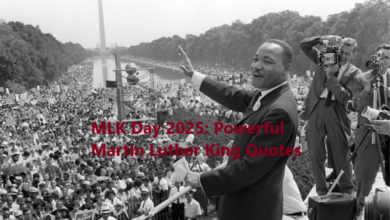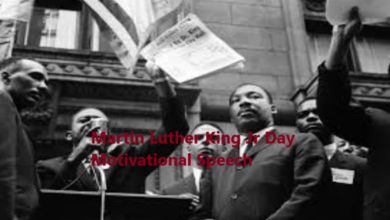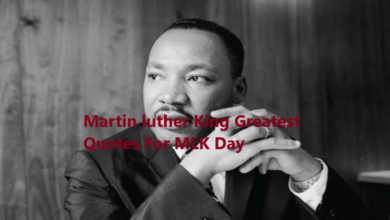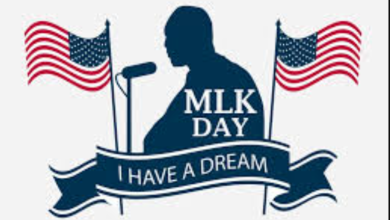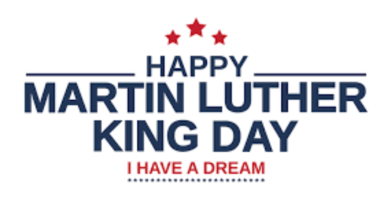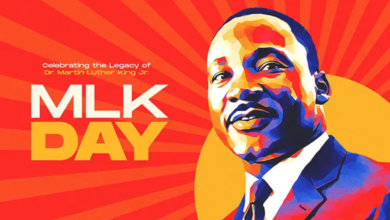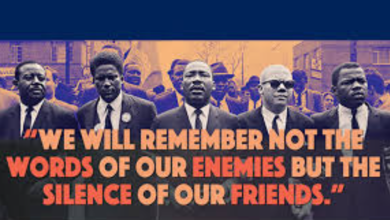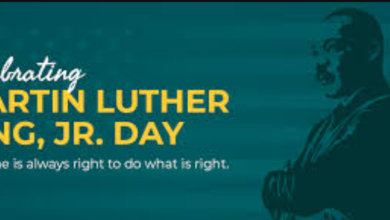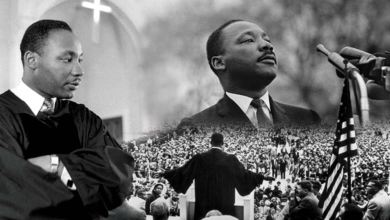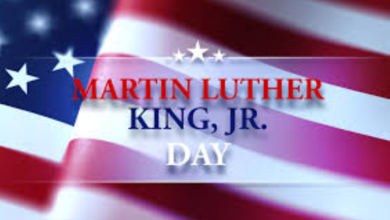Mlk Day Celebrated All 50 States
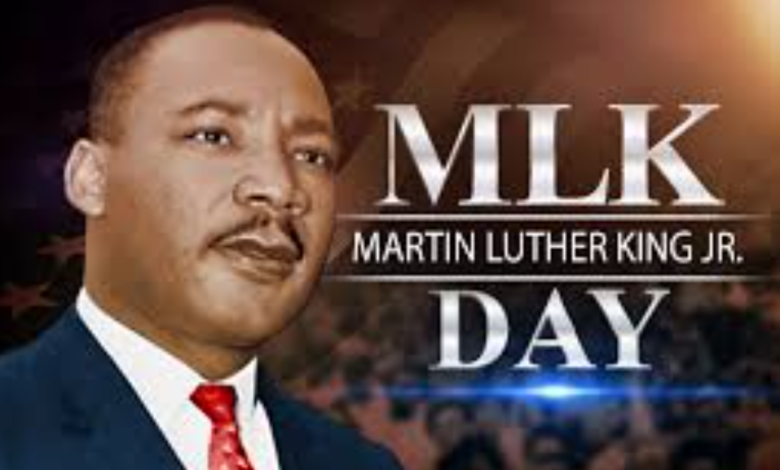
Martin Luther King Jr. Day, observed on the third Monday of January each year, is one of only three national holidays dedicated to an individual. It honors the life and legacy of Dr. Martin Luther King Jr., a civil rights leader whose work inspired monumental changes in the fight for racial equality and justice. Yet, the path to this day becoming a federal holiday and eventually being recognized by all 50 states was far from straightforward. It took decades of advocacy, debates, and perseverance to achieve this milestone.
This blog explores how Martin Luther King Jr. Day became a national holiday, the challenges that arose along the way, and why its recognition in all 50 states stands as a testament to the nation’s evolving commitment to equality.
The Life and Legacy of Dr. Martin Luther King Jr.
Dr. Martin Luther King Jr. played an instrumental role in dismantling systemic racial barriers in the United States. A Baptist minister and activist, King led movements that shifted the course of history—most notably the Montgomery Bus Boycott and the March on Washington, where he delivered his iconic “I Have a Dream” speech. King’s dedication to nonviolent resistance and his unwavering pursuit of justice earned him the Nobel Peace Prize in 1964.
Tragically, King was assassinated in Memphis, Tennessee, on April 4, 1968, a devastating blow to the Civil Rights Movement. His death reinforced the need to preserve his legacy and continue the fight for equality. For his supporters, establishing a day to honor him was not just a tribute to King’s impact but a reminder of the work left to be done.
The Road to Establishing MLK Day as a Federal Holiday
The idea of a holiday honoring Martin Luther King Jr. was first proposed shortly after his assassination. Congressman John Conyers introduced a bill in 1968 to commemorate King, but it met resistance from lawmakers hesitant to establish a holiday so soon after his death. Despite early setbacks, the movement gained momentum in the 1970s, thanks to persistent advocacy from civil rights groups and influential figures.
Gaining Popular Support
The push for an MLK holiday gained significant traction when Coretta Scott King, MLK’s widow, and other activists rallied public support. Petitions circulated, gaining millions of signatures, while artists and celebrities, including Stevie Wonder, championed the cause. Wonder’s 1980 release “Happy Birthday” became an anthem for the movement, creating cultural resonance and awareness.
Organizations like labor unions also joined the fight, highlighting King’s advocacy for economic justice and workers’ rights. Despite these efforts, opposition remained strong, particularly among those who questioned the need for another federal holiday or cited logistical costs.
Congressional Approval and Presidential Signature
The breakthrough came in 1983, 15 years after King’s death, when the bill to establish Martin Luther King Jr. Day as a federal holiday passed Congress. A turning point was President Ronald Reagan’s decision to sign the bill into law on November 2, 1983, despite some initial reluctance. The first national observance of the holiday took place on January 20, 1986.
Why Some States Resisted Recognizing MLK Day
Although Martin Luther King Jr. Day was established as a federal holiday, it was not immediately observed in all 50 states. Several states expressed resistance for a variety of reasons—some political, others rooted in regional tensions. For instance:
- Cost Concerns: Employers and local governments often argued that adding another paid holiday would strain budgets.
- Cultural Resistance: Some officials resisted honoring a single figure, particularly someone associated with challenging the status quo of systemic racism.
- Alternative Holidays: A few states attempted to sidestep national recognition by renaming or combining MLK Day with other observances. For example, in Virginia, “Lee-Jackson-King Day” initially honored Confederate leaders Robert E. Lee and Stonewall Jackson alongside King.
This resistance reflected deep political and cultural divides, particularly in southern states where King’s activism had met the fiercest opposition during the Civil Rights Movement.
MLK Day Becomes Recognized in All 50 States
The final state to officially recognize Martin Luther King Jr. Day as a holiday was South Carolina. Until 2000, state employees could choose between observing MLK Day or one of three Confederate-related holidays. That year, under mounting public pressure and changing social attitudes, South Carolina officially made MLK Day a paid state holiday. With this decision, MLK Day was finally celebrated across all 50 states.
The process illustrates the gradual but significant shift in nationwide attitudes toward civil rights and racial equality. It highlights the persistent efforts of activists and the power of collective action.
Why MLK Day Matters Today
Martin Luther King Jr. Day is more than just a day off work or school; it’s a day to reflect on the principles King stood for—justice, equality, and community. Yet, it also serves as a reminder of the ongoing work needed to address inequality.
A Day of Service
Dubbed a “day on, not a day off,” MLK Day encourages participation in community service projects. Volunteer initiatives, educational programs, and acts of kindness embody King’s vision of a better, fairer world. This aligns with his belief that individuals have the power to enact change through collective efforts.
Educating Future Generations
MLK Day plays a crucial role in educating younger generations about the Civil Rights Movement and the enduring struggle for justice. Schools, museums, and community organizations hold events and discussions to ensure Dr. King’s contributions remain integral to the American story.
A Symbol of Progress
The establishment and nationwide recognition of Martin Luther King Jr. Day represent how far the United States has come in acknowledging its civil rights history. However, it also serves as a reminder that there is still work to be done in achieving full equality and dismantling systemic racism.
